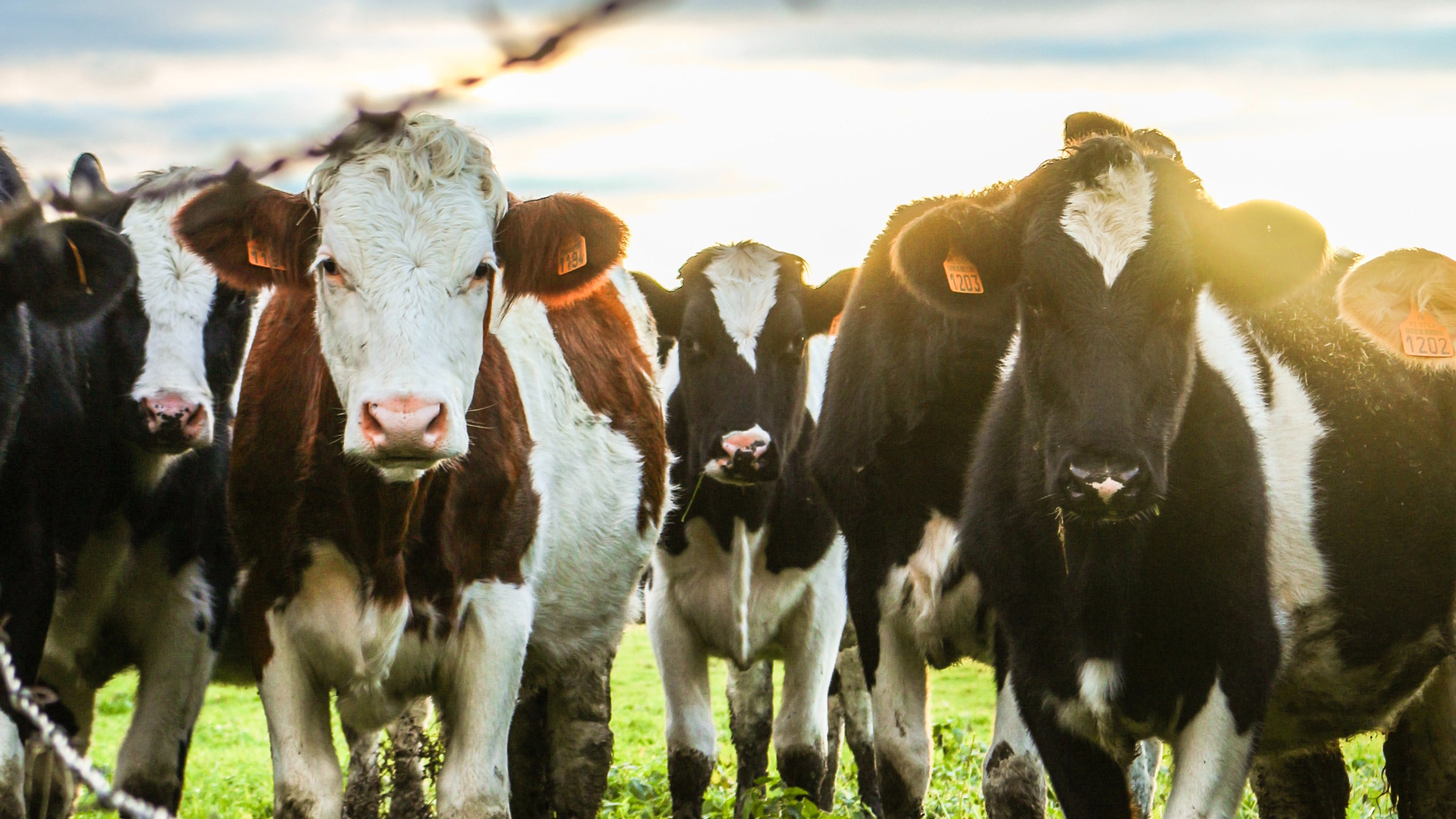An innovative approach to livestock grazing could help eliminate climate change-causing greenhouse gases, according to a new study by University of Alberta biologists.
The research shows that a strategy called adaptive multi-paddock (AMP) grazing extracts methane gas from the atmosphere, locking it inside the soil through microbial activity. Methane gas has a climate warming effect that is 28 times more potent than carbon dioxide over a 100-year time frame.
“Grasslands are the most endangered ecosystem type worldwide because of agricultural development and tillage,” said Mark Boyce, professor in the Department of Biological Sciences and supervising author on the project.
“Managing grasslands for grazing allows us to maintain grassland ecosystems, and their value for carbon sequestration and storage gives us a financial link that can fund grassland conservation.”
AMP grazing uses a rotating system that has livestock graze in a smaller environment for a short time, typically less than one week. Livestock are then moved to another paddock, giving the vegetation a chance to recover before being grazed again after several weeks.
“Well-managed livestock grazing is consistent with net carbon sequestration and storage in grasslands across the Great Plains. We can sink vast amounts of carbon into soils, offsetting emissions by industry, vehicles and more,” said Boyce.
Less than 10 per cent of ranchers currently use this model, Boyce explained, but he noted that number is set to increase.
“We are seeing an increased push toward carbon capture globally and associated valuation by governments. This offers financial incentives to maintain permanent grassland cover and to manage livestock carefully to ensure capacity of the grassland to sequester and store carbon,” he said.
The research was conducted in collaboration with scientists Edward Bork, Cameron Carlyle and Scott Chang in the Faculty of Agricultural, Life & Environmental Sciences, as well as post-doctoral fellows Bharat Shrevstra, Timm Dobert and Zilong Ma, and graduate student Dauren Kaliaskar.
Boyce is the Alberta Conservation Association Chair in Fisheries & Wildlife. The research was funded by Agriculture and Agri-Food Canada and the Alberta Conservation Association.
The study, “Adaptive Multi-paddock Grazing Lowers Soil Greenhouse Gas Emission Potential by Altering Extracellular Enzyme Activity,” was published in Agronomy.
